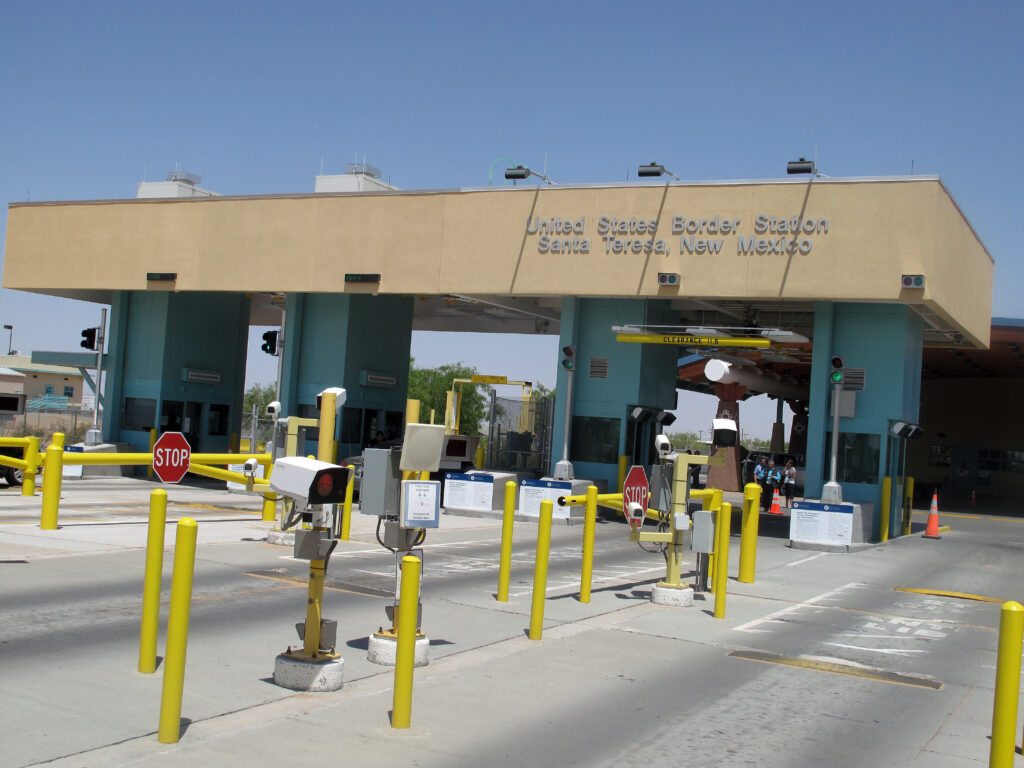When the North American Free Trade Agreement (NAFTA) was implemented on January 1, 1994, a new visa also was introduced. The TN visa, often referred to as the “NAFTA visa,” was specifically created to allow Mexican and Canadian citizens to work in the U.S. Unlike many other visa categories, the TN visa is a non-immigrant document granting temporary stay in the U.S. for work purposes. In other words, the time spent working in the U.S. for people holding this visa does not count towards residency or citizenship. The visa can be issued for up to four years and can be renewed perpetually, as long as the applicant is qualified, and the employer has a position open.
According to the U.S. Department of State’s Bureau of Cultural Affairs website, in order to be granted a TN visa, the applicant must be a citizen, not permanent resident, of Canada and Mexico. He/she must also have pre-arranged full-time or part-time work with an employer. Self-employment is not permitted. The applicant must also be working in a profession that is on the NAFTA list, which includes categories such as scientists, architects, accountants, engineers, management consultants, and people in the medical field, among others. He/she must also present qualifications for the profession.
Mexican citizens applying for the TN visa have to submit paperwork at a U.S. Consulate office and participate in two interviews. The first is to submit fingerprints. The second is an interview with a U.S. Consulate officer who will determine the applicant’s eligibility. Applicants must pay a non-refundable, non-immigrant application fee of $160.00 before scheduling the first interview. A reciprocity fee is also paid, which is $104.00 for a one-year visa, and $382.00 for a four-year visa. This fee is only paid if the applicant is approved. Canadian applicants can bring their paperwork to a U.S. port of entry where they will be issued the visa. The application fee for Canadians is $50.00 plus $6.00 for an I-94 form, which allows multiple entries into the U.S., past a designated border zone for a specific time period. Spouses of TN visa holders working in the U.S. are issued a TD visa, or what is known as a NAFTA-dependent visa.
Obtaining a TN visa used to be fairly quick, but the process is currently taking longer. According to attorney Carlos Maldonado of the law firm of Miranda & Maldonado of El Paso, Texas, which has more than forty years of combined experience in business and family immigration, “Before the pandemic, it used to take about two weeks to obtain a TN visa. Now, it is taking between three to five months because in 2020 and 2021, many people who needed to renew their tourist or business visa were not able to schedule an appointment with a Consulate office. So, there is a bit of a backlog, now that appointments are again being scheduled.”
In the past, I have known companies with operations in both the U.S. and Mexico that have used this visa to allow their employees in Mexico to seamlessly work in the U.S. However, due to shortages of workers, companies are now utilizing the TN visa to fill labor gaps and to attract talent. According to a recent New York Times article by Economics Reporter Ben Casselman, the U.S. economy lost 22 million jobs during the first two months of the pandemic in 2020. It has now gained all of these back and added a half million more, compared to the last recession in which it took five years to recoup the job losses. He argues that long-term employment is now the lowest it has been in 20 years, which makes a case against the belief that Americans don’t want to work. What has happened is people have upgraded their jobs from being a waiter to working in a warehouse or factory.
The TN visa works especially well for U.S. companies operating in close proximity to the U.S.-Mexico border, where many Mexicans may prefer to live in their Mexican city and cross to work in the U.S. every day. In cities such as Juarez, Chihuahua, there are multiple educational institutions graduating engineers, business managers, chemists, scientists, and teachers. All of these professions qualify for the TN visa.
Maldonado is seeing more and more companies utilizing the TN visa to access talent in both Mexico and Canada. “There is so much talent across the border that would jump at the opportunity to earn a good paycheck in the U.S., develop a career, and provide for their families in Mexico,” he states. As the U.S. population ages and businesses struggle to find qualified workers, the TN visa could well become part of their overall strategy in building their workforce.



